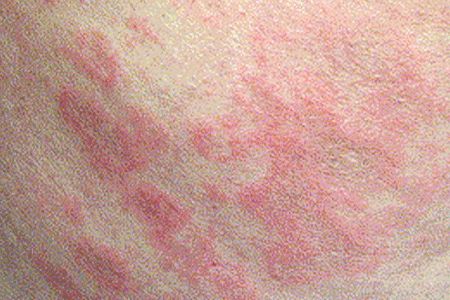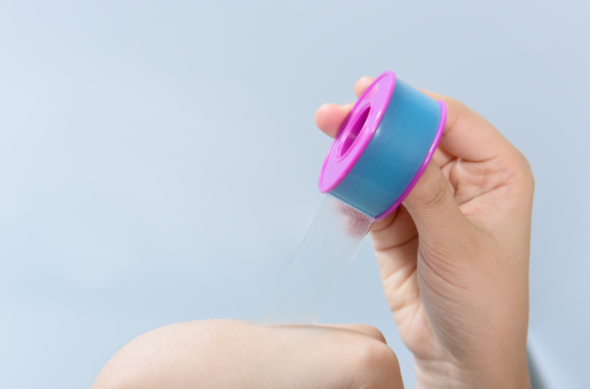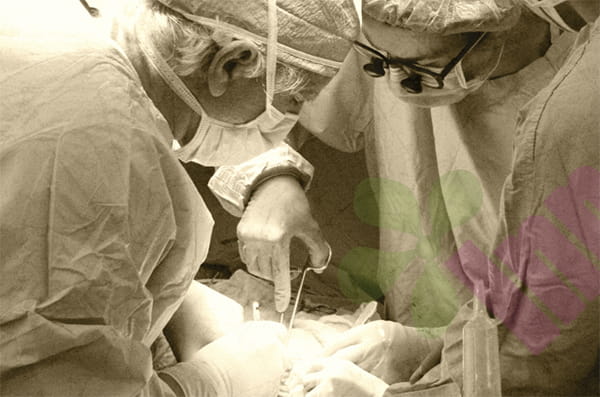Radiation therapy is an important treatment for cancer, but the radiation during treatment can have certain effects on the skin. Proper skin care can mitigate adverse reactions, improve treatment outcomes, and enhance quality of life. Skin care during radiation therapy requires special attention to the method and product selection.

Why does radiation therapy affect the skin?
While radiation kills cancer cells, it also damages normal skin cells. Acute reactions typically occur 2-3 weeks after treatment begins, manifesting as redness, dryness, and scaling in the irradiated area, similar to a sunburn. As treatment progresses, moist peeling and, in severe cases, exudate may develop. Chronic changes, including skin atrophy, hyperpigmentation, and fibrosis, can appear months or even years after treatment.
What should I pay attention to in daily cleaning during treatment?
Cleaning the treatment area requires exceptionally gentle care. Use warm, not hot, water close to body temperature. Choose fragrance-free, alcohol-free, neutral cleansing products and avoid alkaline detergents like soap. Be gentle, scrubbing with your hands rather than a towel to avoid damage from friction. After rinsing, gently pat dry with a soft towel; do not wipe. The treatment markings are very important; be careful to avoid them when cleaning and do not scrub vigorously. If the markings fade, notify your doctor immediately for a re-drawing.
How to keep your skin moisturized?
Skin can be prone to dryness after radiation therapy, so moisturizing is essential. Establish a regular moisturizing routine early in treatment. Choose a moisturizer with simple ingredients, avoiding irritants like alcohol, fragrances, and preservatives. Wait 2-3 hours after radiation therapy before applying cream to allow the skin's temperature to return to normal. Apply gently, avoiding vigorous massage. Use multiple applications daily, especially after showering, when the skin is still slightly damp, for optimal results.
Which products should be avoided?
Some products may worsen skin reactions during radiation therapy. Products containing alcohol or fragrances can irritate the skin, causing dryness and itching. Disinfectants such as iodine tincture and hydrogen peroxide can damage new skin and should not be used unless specifically advised by a doctor. Metal ointments, such as those containing zinc or silver, may increase the skin dose and affect the effectiveness of radiation therapy. Dressings containing silicone should be used to minimize skin damage and prevent secondary injury during removal . Heat-stimulating items such as hot water bottles and ice packs should also be avoided in the radiation area.
How to deal with skin reactions?
Different degrees of skin reactions require different treatments. For mild redness and dryness, increase moisturizing and wear soft cotton clothing. Avoid scratching if itching occurs; instead, gently pat the wound or use an anti-itch product recommended by your doctor. If moist peeling occurs, keep the wound clean, apply a doctor-prescribed protective ointment, and, if necessary, a protective dressing. If exudate is present, seek medical attention promptly; antibacterial ointment may be necessary to prevent infection. Never use ointments or folk remedies on your own.

What should we pay attention to in daily life?
For clothing, choose loose, soft cotton clothing to avoid rough materials that rub against your skin. Sun protection is crucial. The skin in the treated area is more sensitive to UV rays. When outdoors, use physical sunscreen such as a parasol or clothing to cover your skin, or use a sunscreen product approved by your doctor. Maintain a suitable indoor temperature and humidity, avoiding overheating or excessive dryness. Ensure adequate nutrition and hydration to promote skin repair. Avoid using cosmetics such as perfume and antiperspirants in the treated area.
How to care after treatment?
After radiation therapy, your skin still needs ongoing care. Continue moisturizing for several months until your skin has fully recovered. Protect your skin from trauma, as the skin in the treated area is more fragile and easily damaged. See your doctor regularly and report any skin changes. New skin may be more sensitive to temperature, so be careful to avoid excessive heat or cold. If you need other treatments, such as chemotherapy, tell your doctor about your radiation therapy. For more information on Innomed® Hydrogel Dressing, refer to the Previous Articles. If you have customized needs, you are welcome to contact us; You Wholeheartedly. At longterm medical, we transform this data by Innovating and Developing Products that Make Life easier for those who need loving care.
Editor: kiki Jia

 English
English عربى
عربى Español
Español русский
русский 中文简体
中文简体








